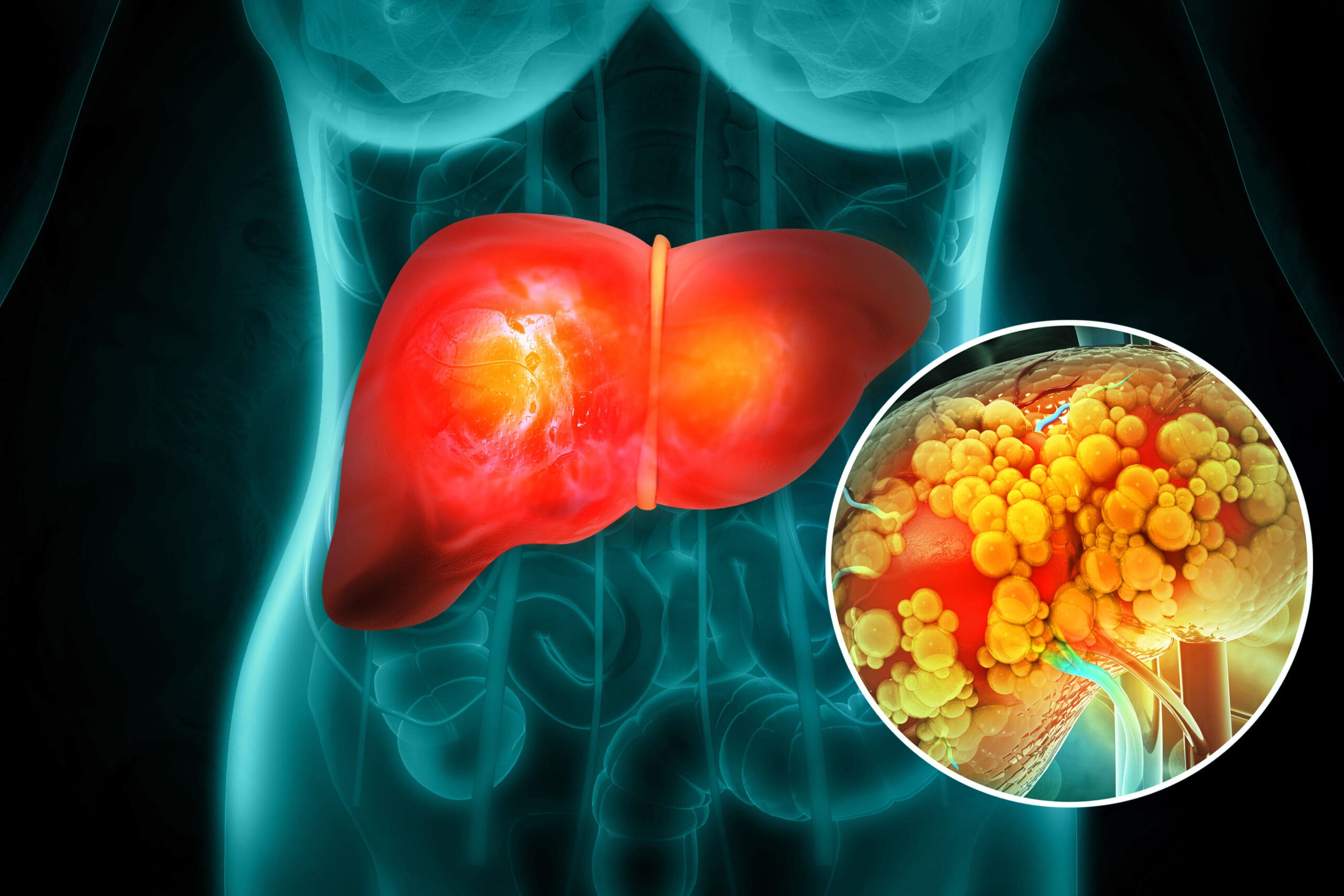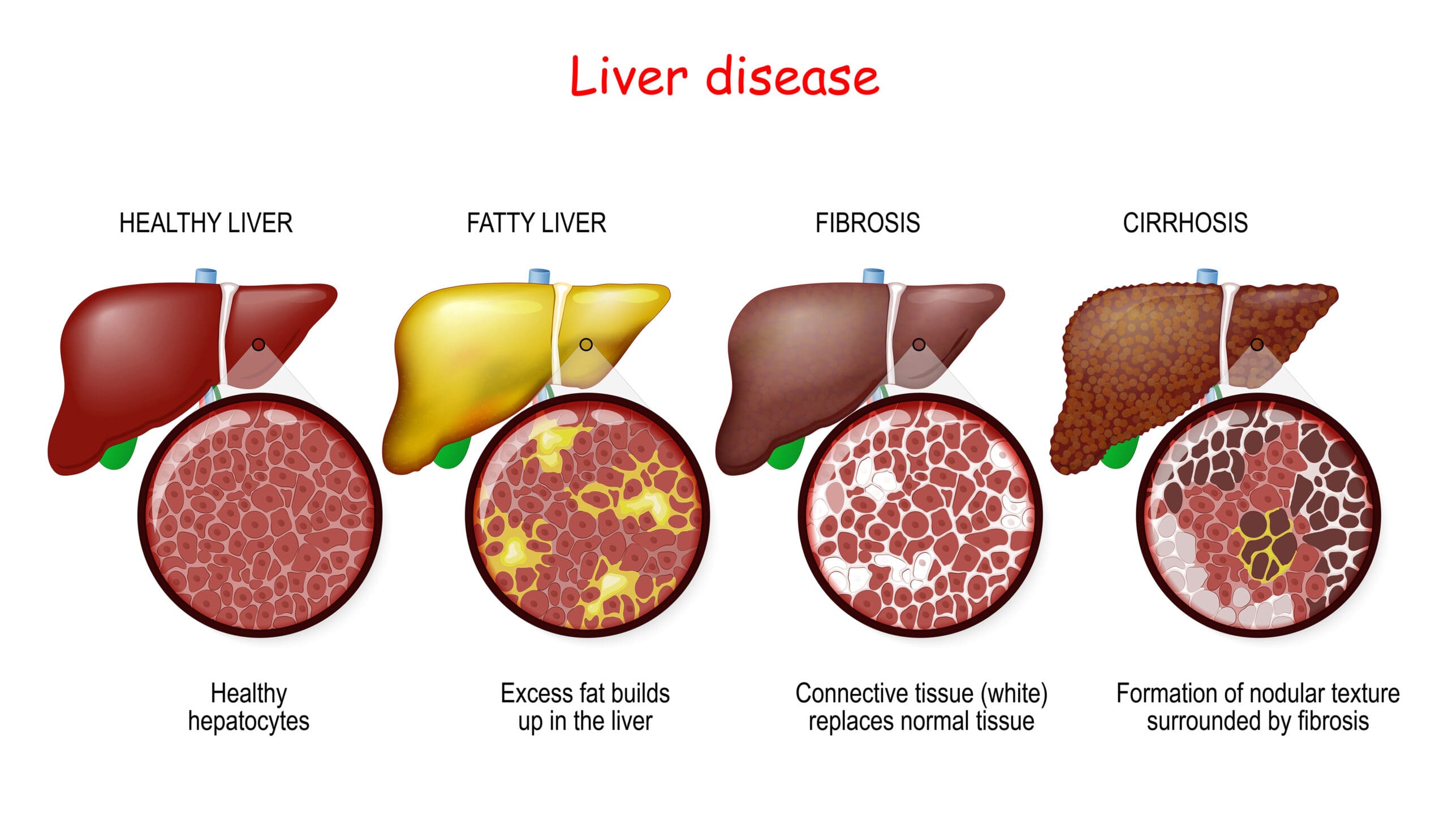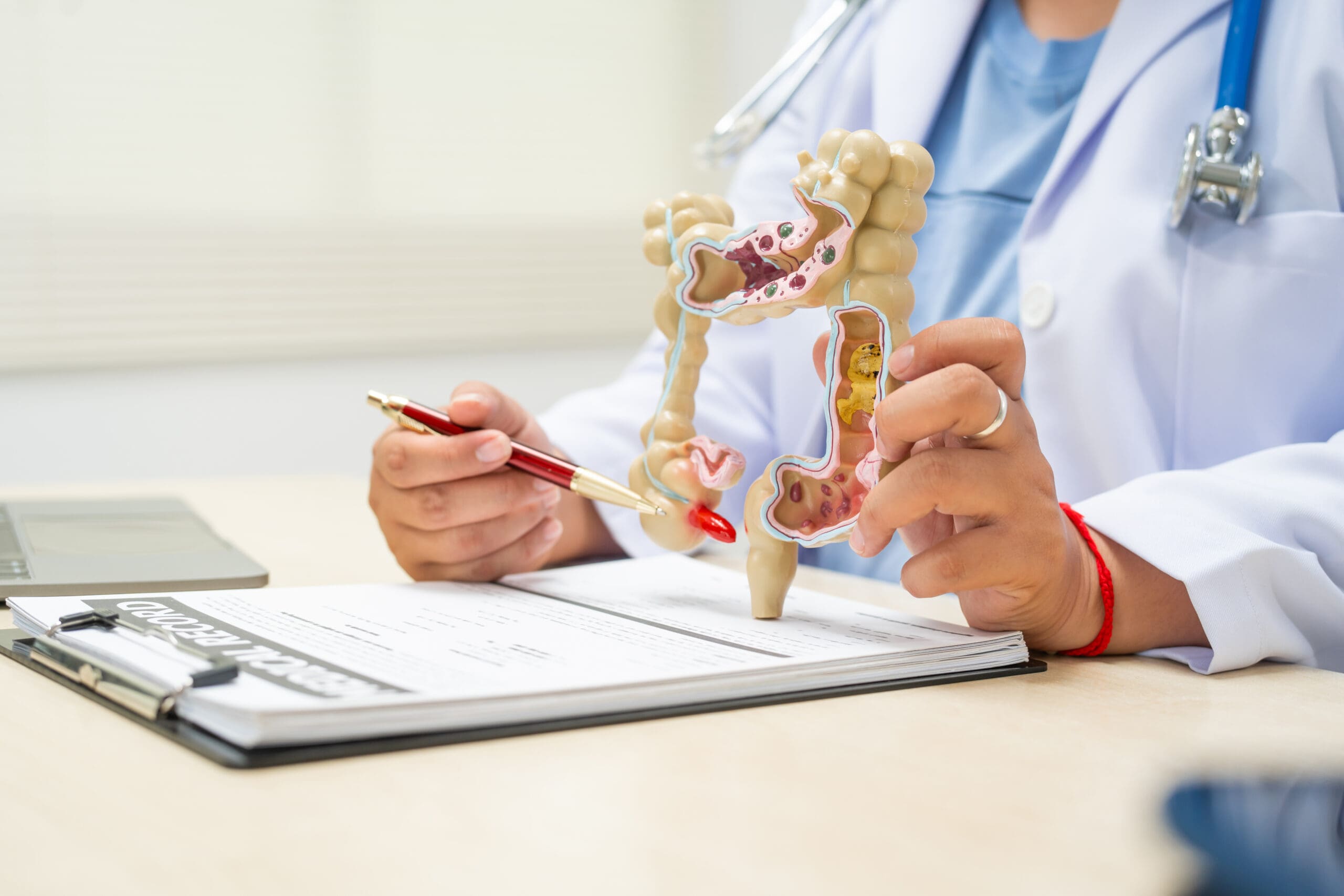Fatty liver causes harm to other parts of your body
By naturopath Margaret Jasinska
A fatty liver is a serious condition that can place other organs in your body at risk of disease. Research published in the medical journal Diabetologia found that approximately every third adult in industrialized countries has a fatty liver. This significantly increases the risk of chronic liver diseases including cirrhosis and liver cancer. It also raises the risk of type 2 diabetes, cardiovascular diseases and chronic kidney disease.
People with a fatty liver are at greater risk of heart disease, diabetes and kidney damage because of toxic substances a fatty liver secretes into the bloodstream. The liver produces too much glucose, unhealthy fats, inflammatory cytokines and proteins such as hepatokine fetuin-A, all of which enter the bloodstream. The secreted substances of the fatty liver enter other organs and trigger inflammation and tissue damage.
When these unhealthy fats and proteins enter the pancreas, immune cells called macrophages enter the pancreas in higher numbers, in an attempt to clean up the damage. Over time, excess fat builds up in the pancreas, leading to pancreatic fatty degeneration. Eventually, this impairs insulin secretion and can lead to type 2 diabetes. The same process can occur in the kidneys, compromising their function. Impaired kidney function is a very common feature of type 2 diabetes and also insulin resistance. The majority of people with insulin resistance have a fatty liver.
Many doctors dismiss fatty liver as a trivial condition. They tell their patients to eat less and exercise more and not worry about it too much. I take fatty liver seriously, because it increases the risk of serious diseases, plus it can make you feel unwell, tired and miserable. Your liver is the key to a healthy metabolism. If it is unhealthy you will likely feel tired, not be able to lose weight, and your liver will not cleanse your bloodstream efficiently.
Possible symptoms of a fatty liver include:
- Fatigue
- Body odour or bad breath
- Unexplained weight gain
- Inability to lose weight
- Headaches, esp. with nausea
- Indigestion/intolerance of fatty foods
- Overheating of the body
- Coated tongue
- Excessive sweating
- Abdominal bloating
- Brown spots (liver spots)
- Discomfort or pain over the liver
- Haemorrhoids
- Constipation
- Itchy skin or hives or skin rashes
- Red itchy eyes
- High blood pressure
- Gallbladder problems
- High cholesterol or triglycerides
- Acne rosacea
- Chemical sensitivites or allergies
Your doctor can perform a blood test and an ultrasound scan to detect fat in your liver. Fatty liver is reversible and Dr Cabot has described exactly how to do that in her book Fatty Liver: You Can Reverse It.
Reference: https://link.springer.com/article/10.1007/s00125-017-4385-1









Leave A Comment